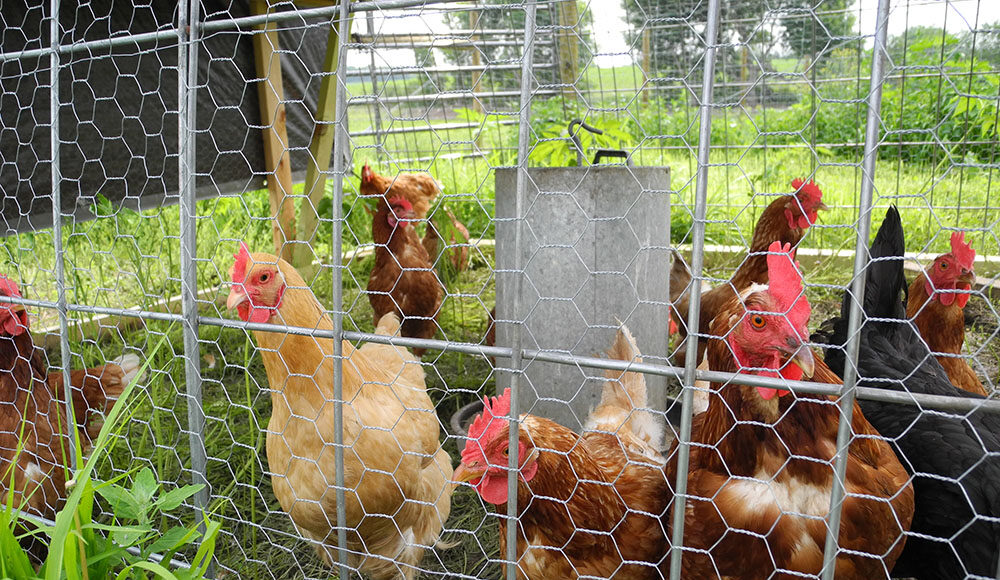The relationship between age and egg laying decline is a topic of great interest to many chicken enthusiasts. As chickens age, various factors contribute to changes in their egg production levels. From the breed of the chicken to its health and living conditions, many variables play a crucial role in the laying patterns of hens throughout their lives.

Understanding the Lifespan of Chickens
Chickens typically live for about 5 to 10 years, depending on several factors including breed and care. However, their peak egg-laying capacity is much shorter, usually lasting between 1 to 3 years. Knowing this can help you better understand how to manage your flock and set realistic expectations for egg production.
Factors Influencing Egg Laying Decline
Breed of the Chicken
The breed is a major factor in determining how prolific a hen will be in laying eggs. For example, some breeds are specifically bred for high egg production.
Health and Nutrition
Quality of life, including health and proper nutrition, profoundly impact egg production in chickens.
Living Conditions
Proper housing, cleanliness, and stress levels also contribute to the health and egg-laying capabilities of a hen.
When Does Egg Laying Begin to Decline?
Generally, hens begin laying eggs at around 18 to 20 weeks of age. The most significant decline in productivity starts at around 3 years of age. Some hen breeds may continue to lay eggs for several years, but the frequency and volume often decrease substantially.
Strategies to Improve Egg Laying and Management
Provide Balanced Nutrition
Ensure your chickens receive a balanced diet rich in essential nutrients. Adding calcium and protein to their diet can improve egg production.
Optimal Environment
Provide a stress-free, clean environment with ample space for movement.
Regular Health Checks
Regularly check your hens for health issues and contact a vet if abnormal behavior or signs of illness are observed.
The Importance of Patience and Planning
Understanding the natural decline in egg laying is crucial for effective flock management. Equip yourself with knowledge and plan accordingly to manage expectations and care for your flock.
Interpreting Breeds and Their Characteristics
Different breeds respond differently to aging. Hybrid layers often lay more eggs, while heritage breeds may have a longer productive life.
Egg Quality Over Quantity
While younger hens may lay more eggs, older chickens often produce eggs of higher quality with richer yolks.
How to Measure Egg Production
Assessing egg production regularly can help you keep track of productivity. Counting eggs and monitoring any fluctuations can be beneficial in detecting issues early.
Seasonal Influences
Egg production naturally declines in colder months. Providing artificial light can maintain more consistent laying patterns.
Molting and Its Impact
Molting can significantly impact egg production, but it’s a natural and healthy process for the bird.

FAQs about Age and Egg Laying Decline
Question: When do chickens start laying eggs?
Answer: Chickens typically start laying eggs at around 18 to 20 weeks of age.
Question: Do all breeds experience the same rate of egg-laying decline?
Answer: No, different breeds experience different rates of decline based on their genetic makeup.
Question: Is there a way to prolong a hen’s productive lifecycle?
Answer: Proper care, nutrition, and reducing stress can help extend the productive life of a hen.
For more in-depth information on the complexities of egg production and how to enhance it, check out this resource.
This article contains affiliate links. We may earn a commission at no extra cost to you.










